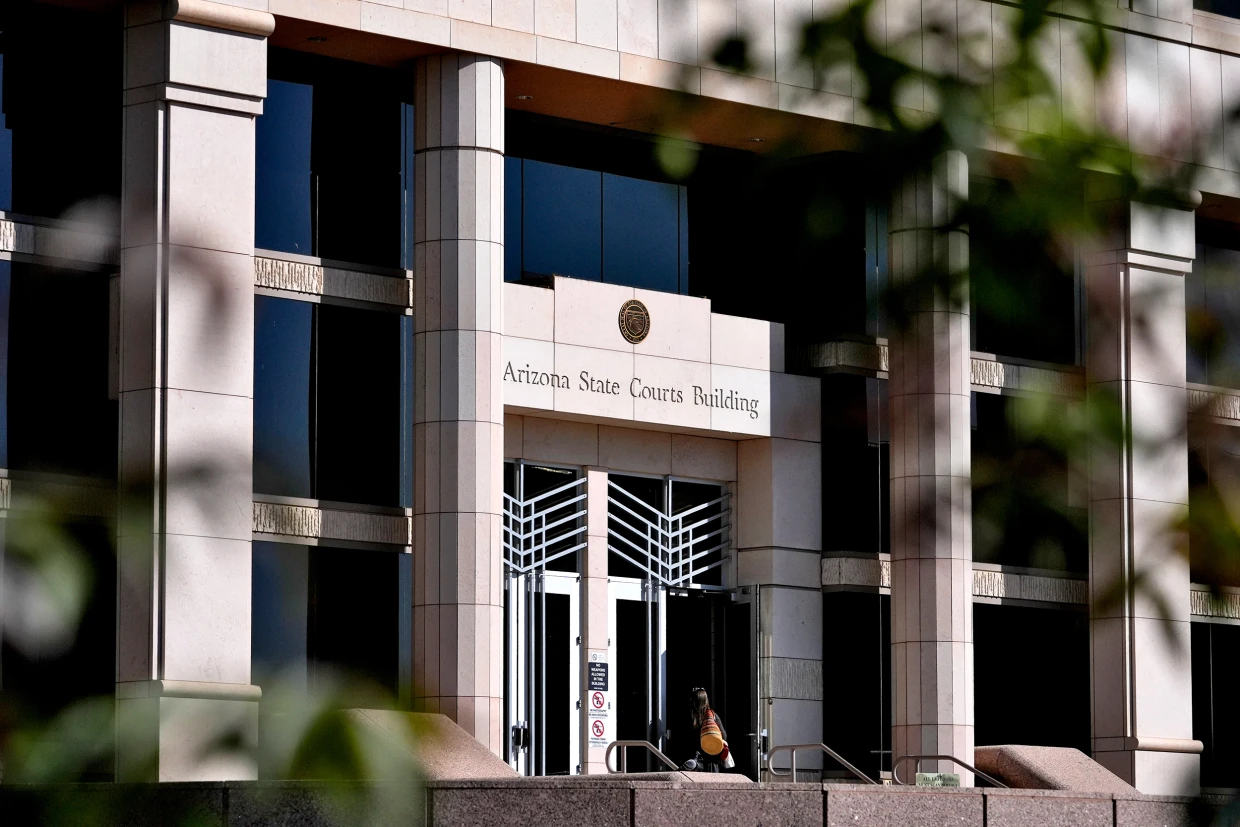Arizona Supreme Court Pushes Back Enforcement Date for 1864 Abortion Ban
The governor signed a bill repealing the Civil War-era law, but the new statute won’t take effect for several months, potentially allowing brief enforcement of the old one.
May 13, 2024, 7:52 PM CDT By Alex Tabet

PHOENIX — The Arizona Supreme Court on Monday granted a request to delay enforcement of the state’s 1864 near-total abortion ban.
The court granted Democratic Attorney General Kris Mayes’ request for an additional 90 days before the Civil War-era ban can be enforced.
Even though Democratic Gov. Katie Hobbs signed a repeal of the ban on May 2, that measure cannot take effect until 90 days after the state’s legislative session ends — and it is still in session. Monday’s court order essentially narrows the window in which the ban could be enforced, if it all.
“I am grateful that the Arizona Supreme Court has stayed enforcement of the 1864 law and granted our motion to stay the mandate in this case for another 90 days,” Mayes said in a statement Monday.
She also said her office “will consider the best legal course of action to take from here,” which could include asking the U.S. Supreme Court to intervene.
Previously, Mayes’ office said the 1864 ban would go into effect June 27. The court’s action Monday pushes that back to Sept. 26, her office said.
The enforcement date hinges heavily on when the state’s legislative session ends. Last year, it wrapped up July 31. If legislators were to keep to that timeline, the ban could be enforceable for about a month — from Sept. 26 until late October — under the new projections. But it’s still unclear when this year’s session will end.
With the enforcement delay, the state is operating under a 15-week ban on abortions passed in 2022 — signed by the governor at the time, Doug Ducey, a Republican — that makes exceptions for medical emergencies but not for rape or incest.
That law has prompted a coalition of reproductive rights organizations to try to get a constitutional amendment on the state’s ballot in November. The amendment would enshrine the right to an abortion through fetal viability and greatly expand the scope for exceptions.
The coalition, known as Arizona for Abortion Access, is on track to get the referendum on the ballot.
In a statement Monday, a spokesperson for the coalition noted that the state Supreme Court’s order does nothing to undo the 2022 law.
“With this order, Arizonans are still subjected to another extreme ban, one that punishes patients experiencing pregnancy complications and survivors of rape and incest,” spokesperson Chris Love said.
Since Roe v. Wade was overturned in June 2022, abortion rights have been on the ballot in more than a half-dozen states. Each time, including in red states like Kansas and Ohio, abortion-rights advocates have prevailed.